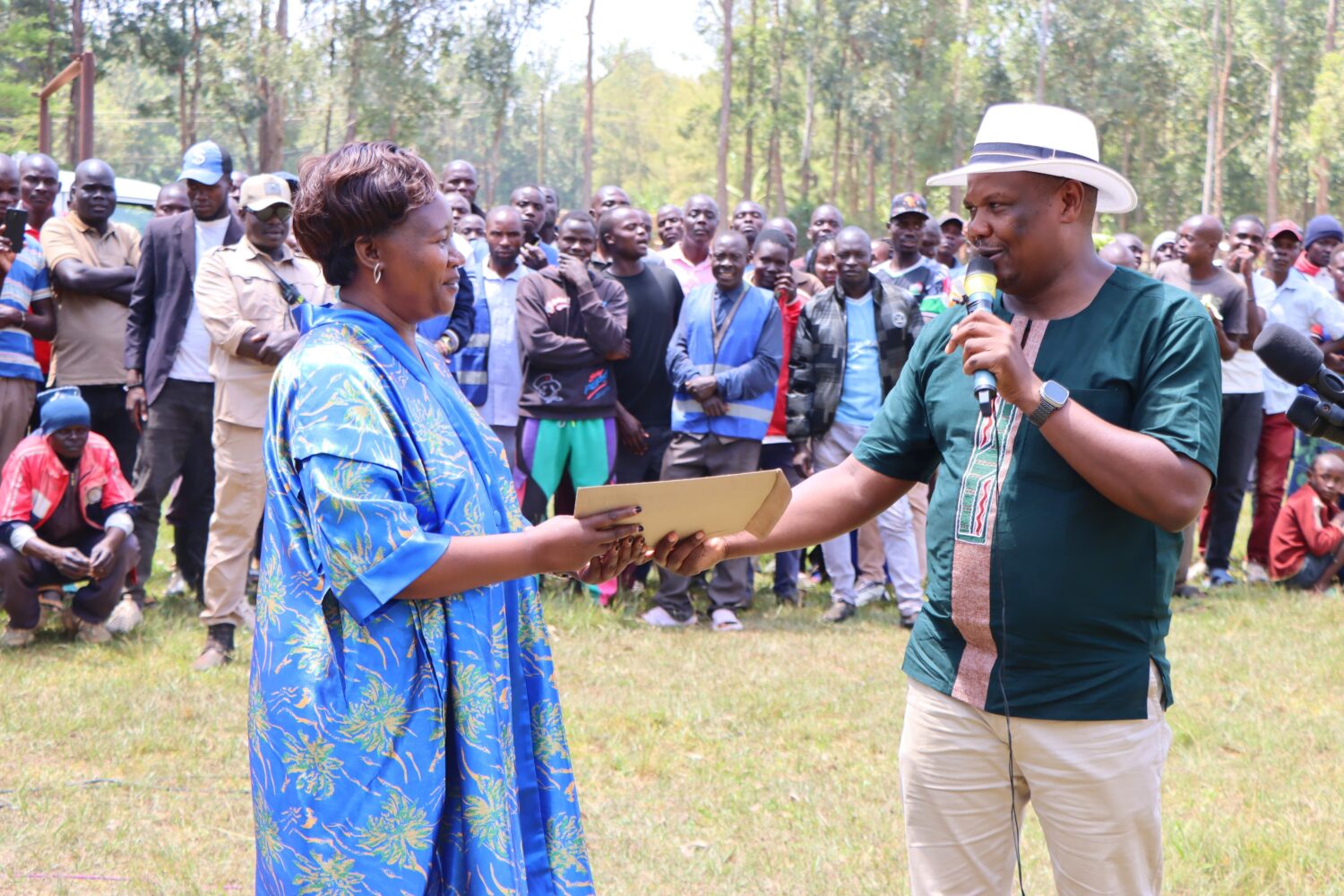More than 10 years ago, Tanzanian artist Hussein Rashid Juma, better known by his stage name Hussein Machozi, released a banger.
In the hit song, Machozi tells a story of how smitten he was by a certain beautiful lady in his locale. He tried to woo her for so long but at every attempt, he was unsuccessful as the damsel remained unperturbed. Machozi would lose all hope of getting the lady, and all he remained with was just wild fantasies.
Then one day, when Machozi was trying to move on from the rejection, the unexpected happened– the lady surprised him by paying a visit to his house. “Siku nyingi binti namfukuzia, Alishantosa nishakata tamaa, Sikujua kama kwangu angekuja,” part of Kafia Ghetto’s lyrics reads verbatim. “Nilimuuliza naeza kukusaidia, Akacheka kisha akaniambia, Ombi langu lile amenikubalia, Siku zote alikuwa akinifikiria, Niliruka kwa furaha kubwa sana!”
A lady suddenly dies in your house!
In the midst of all the excitement, Machozi excused himself to go buy her some soda. But when he returned, he got the lady unconscious… dead! The regret that follows is immense. How will Machozi explain the situation to the authorities? Will villagers and authorities believe his side of the story? Or will they run into the conclusion that he had a hand in her death?
Well, in a previous interview, Machozi was asked if the song was based on a true story. According to Machozi, the story was a true event, but it happened to his friend.
So just imagine, what if you could be that friend? How would you handle the situation?
Some two weeks ago, an X user (@HeemMufc) started an online conversation with an intriguing question.
“I have an ask! Men only… Ukileta dem halafu akufie kwako, utaanzia wapi? This is a question and trust me it can happen,” Baba Ramilah asked.
What would you do?
What followed was suggestions from wannabe lawyers and real lawyers online of how you should handle the unfortunate situation. Other online users used the opportunity to relive their past similar experiences.
“Kuna mwenye nishaileta kwangu akapass out almost 30 mins tukiguzana sehemu. Nilimseti kwa tiles nikimpepeta after ameamka akasema ivo ndo mwili yake hureact akifika climax buana. I have been celibate for 3 years now and still counting,” @MetNgala recounted his experience.
Sophie Orenge advised: “As a lawyer here, you take the body to the mortuary and others go to the police station to rule out any “games.” It’s important to know if the lady had any health issues beforehand assuming you did not commit manslaughter ya BDSM!”
But not everyone agreed with Orenge…
“Really? That’s a bit misleading coming from a lawyer. I thought only doctors could determine whether someone is alive or not,” Kibet K Moses posited.
@Living_Omanga argued, “Sophie, in as much as you are trying to inform the public on many aspects of the Law, its also Prudent to acknowledge that you cannot be well versed in every field cause this is WRONG advice and one can end up in a mess big time. Thanks.”
@Mr_Guantai commented: “You have no locus to take a body straight to the mortuary as an individual, as you are neither a coroner nor the police. If a person is unresponsive and you suspect they are dead, take them to hospital, let a medic confirm the death and then immediately report to the cops.”
A criminal lawyer’s perspective
Any death outside a hospital is counted as sudden death. And in any sudden death, the first presumption is that there is foul play – somebody either was murdered or there is something that caused the death.
According to renown layer Danstan Omari, in case of any death in a house, the spouse or the one who is alive must call the police, if they are sure the person is dead. But if the person looks dead, but still suspiciously alive, Omari advises that somebody can rush with that person to hospital.
“But if somebody appears he or she is already dead, like one spouse went to work, comes back and finds the man or woman still, do not touch anything. Because that is a scene of crime. So you call the police, if it is in the village, you call the chief first, then the chief will come with police officers,” Omari says.
After scene of crime officers are called to the scene, they will take photos of the body lying where it was discovered, pick any evidence that can help to unravel the cause of death, then the body will be taken for postmortem.
“At [postmortem stage, a government pathologist will do postmortem representing the government. Then the family of the deceased will get their own pathologist, the suspect will also get their own pathologist to oversee the exercise. When autopsy is done, the three doctors will have a joint report confirming the cause of death,” Omari adds.
In the recent past, Kenya has seen a rise in the rate of sudden deaths caused by blood clotting in men and women, sliding and falling in the bathroom, liver cirrhosis and suicide due to depression.












